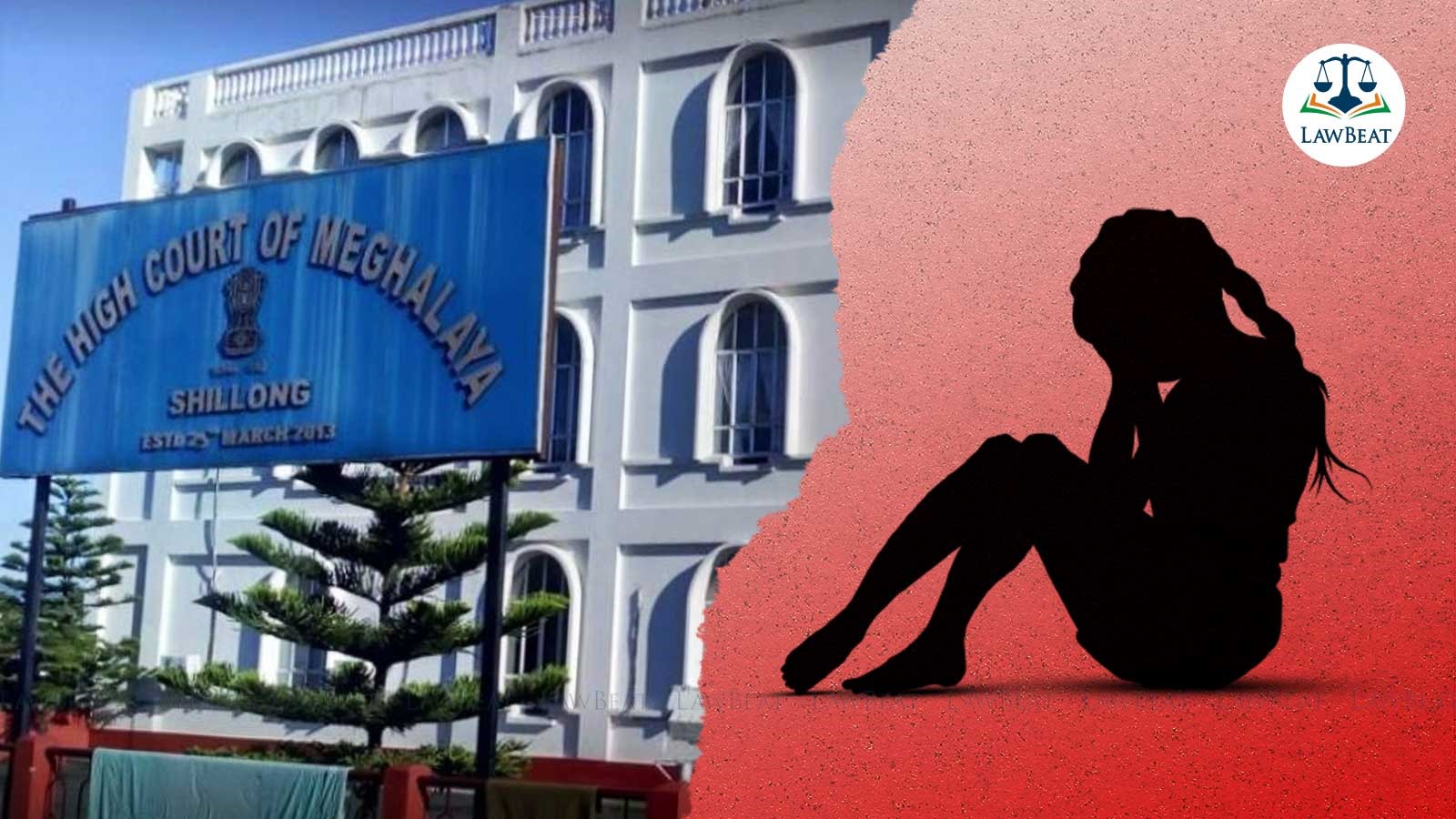Wrong Statement By Survivor of Sexual Offence About Date of Occurrence Insignificant : Meghalaya HC

The court was hearing a POCSO case where the accused, a tuition teacher allegedly sexually molested his 13 year old student
The Meghalaya High Court has ruled that a wrong statement or minor discrepancies in the statement of the survivor regarding the date of occurrence of a sexual offence do not undermine the core of the prosecution's case.
The court, presided over by Justice B. Bhattacharjee, noted that “Evidence of the victim of sexual offence is enough for conviction and it does not require any corroboration unless there are compelling reasons for seeking corroboration. The Court should examine the broader probability of a case and not get swayed away by minor contradiction or insignificant discrepancies to throw out and otherwise reliable prosecution case.”
The court made the observation while hearing a case involving an appeal challenging the conviction of the accused/appellant in a sexual offence case filed under the Prevention of Children from Sexual Offences (POCSO) Act. The accused was the tuition teacher of the minor girl, and allegedly molested her one day at her house when he came to drop her after the tuition. The incident was secretly witnessed by the grandmother of the survivor, who was in the adjacent room. Subsequently, an FIR was filed against the accused leading to his conviction by the POCSO Special Court which sentenced him to undergo imprisonment for a period of one and half year with fine of Rs. 20,000/- and in default to undergo another period of six months imprisonment.
The appellant's counsel argued that inconsistencies between the First Information Report (FIR) and the survivor's statements under Section 164 of the Cr.PC and her trial testimony should invalidate the conviction. Specifically, the counsel highlighted discrepancies concerning the date of the incident: the FIR mentioned a single incident, while the survivor's statements revealed multiple incidents and incorrect dates. It was further contended that the accused was falsely implicated due to a dispute between him and the parents of the minor regarding the non payment of tuition fee. The accused contended that the survivor’s failure to recall the exact date of the incident—later mistakenly identifying May 16, 2016, as the date of the first incident—was a significant contradiction. It was argued that this discrepancy, coupled with additional facts presented during the trial that were not mentioned in the FIR, undermined the reliability of the prosecution's case.
Contrastingly, the respondents asserted that despite the date discrepancies, the survivor's testimony consistently supported the central facts of the case. The prosecution maintained that the additional details revealed in court did not alter the fundamental allegations made in the FIR. The trial court's conviction was based on the core facts of the case rather than the discrepancies.
The court observed that the minor discrepancy in the date did not affect the fundamental aspects of the prosecution's case. It referenced several precedents, including State of Himachal Pradesh v. Prem Singh and State of Punjab v. Gurmit Singh, emphasising that minor contradictions or discrepancies in the testimony of sexual offence victims should not invalidate an otherwise reliable prosecution case. The judgment underscored that the critical aspect is whether the core facts of the prosecution are proven beyond reasonable doubt.
The court observed that “A comparative reading of the statement under Section 164 Cr.PC and the evidence of the survivor recorded during the course of trial does not point out any serious contradiction leading to formation of doubt in the prosecution case. Having regard to the fact that the survivor was less than 13 years old at the time of the occurrence of the incident, a wrong statement with regard to the date of occurrence of the incident is considered to be insignificant.”
Given that the delay in filing the FIR was not deemed unreasonable and did not significantly impact the prosecution's case, the court found no grounds to overturn the conviction. The appeal was dismissed, and the trial court's judgment was upheld.
Cause Title: Arindom Das v State of Meghalaya [Crl. A. No. 35 of 2022]
